General Omar N. Bradley - El Paso, Texas
From 1977 until his death in 1981 Omar N. Bradley, five-star general of the United States Army, lived and worked at Fort Bliss.
Omar Nelson Bradley was born literally in a log cabin near Clark, Missouri, on 12 February 1893, the only surviving child of schoolteacher John Smith Bradley and Sarah Elizabeth Bradley, nee Hubbard. The environment of Bradley's youth in rural Missouri was impoverished, but he received a good secondary education, becoming a star player on the Moberly High School baseball team. To supplement the family income, he also became a crack shot. He went to work for the Wabash Railroad after high school graduation in order to earn enough money to enter the University of Missouri. Bradley's plans changed, though, when his Sunday School superintendent recommended that he apply for an appointment to West Point. After placing first in the competitive exams for his district that were held at Jefferson Barracks in St. Louis, he received an appointment from Congressman William M. Rucker to enter the Military Academy in the fall of 1911.
Bradley graduated from West Point on 12 June 1915 as a second lieutenant of Infantry. Three months later he joined the 14th Infantry Regiment's third battalion at Fort George Wright, near Spokane, Washington, where he was exposed to the old Regular Army life that was shortly to disappear forever. Under the tutorship of Edwin Forrest Harding, another second lieutenant who was six years his senior, Bradley began a lifelong habit of studying his profession. Harding was a natural schoolmaster who led a small group of lieutenants through weekly tactical exercises that broadened into discussions of military history and current operations in Europe. Few people had a greater influence on Bradley than Harding, who convinced him that an officer had to begin studying at the very start of his career and continue to study regularly if he hoped to master his profession.
International crises soon put Lieutenant Bradley's developing military skills to their first, rather modest test. When the civil war in Mexico spilled over the border into the United States, American regulars under the command of Brigadier General John J. Pershing marched into Mexico in pursuit of the rebel commander, Pancho Villa. Because of the possibility of actual war with Mexico, the War Department called up the Texas, Arizona, and New Mexico National Guard and ordered more Regular Army units to the border. Among them was the 14th Infantry, which went into camp at Douglas, Arizona. Although Bradley saw no action on the Mexican border, he learned a good deal about handling troops in field conditions, conducting long motor marches, and maintaining discipline, morale, and training in unfavorable circumstances. In the midst of the crisis, Congress passed the National Defense Act of 1916, doubling the authorized size of the Regular Army and increasing the number of infantry regiments to sixty-five. As a consequence of the expansion, Bradley found himself promoted to first lieutenant seventeen months after graduating from West Point. The crisis with Mexico passed, but Bradley and his regiment remained in the Southwest until after the United States declared war on the German Empire.
At the end of World War I, Omar Bradley considered himself a professional failure because he had spent the war in the United States while his contemporaries had distinguished themselves on the battlefields of France. His gloomy self-assessment was premature. Thirty-five years later he held the highest rank in the United States Army, had been its Chief of Staff, and had served two terms as the first Chairman of the Joint Chiefs of Staff. He had also more than made up for his lack of combat duty, for during World War II he successively commanded a division, a corps, an army, and finally a group of armies.
His last command, the 12th U.S. Army Group, was the largest body of American soldiers ever to serve under one field commander; at its peak it consisted of four field armies. Except for his original division assignments, Bradley won his wartime advancement on the battlefield, commanding American soldiers in North Africa, Sicily, across the Normandy beaches, and into Germany itself. His understated personal style of command left newsmen with little to write about, especially when they compared him to the more flamboyant among the Allied commanders, but his reputation as a fighter was secure among his peers and particularly with General Dwight D. Eisenhower, the Supreme Commander, who considered him indispensable.
http://www.arlingtoncemetery.net/omarnels.htm
Área:
Northeast / Ft. Bliss
Fuente:
Library of Congress
Cargado por:
El Paso Museum of History
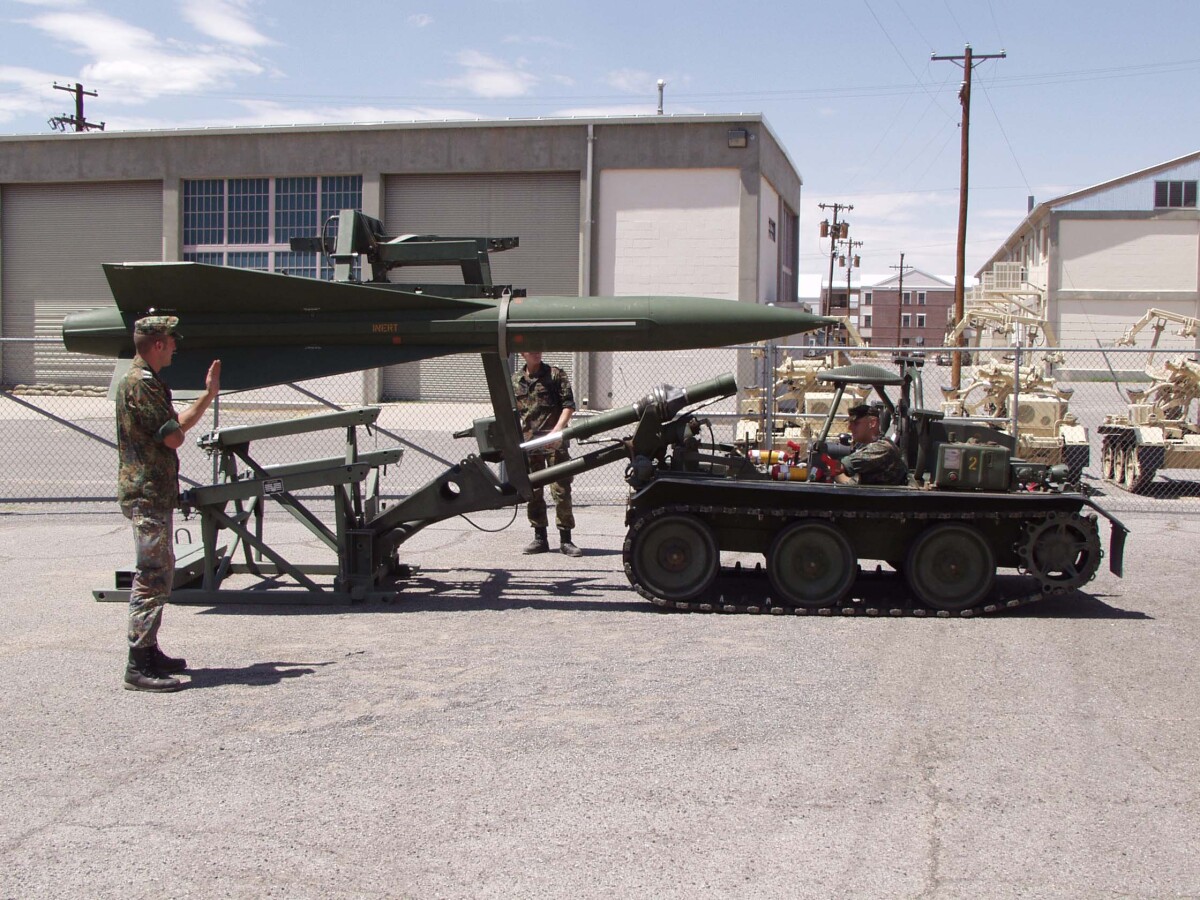
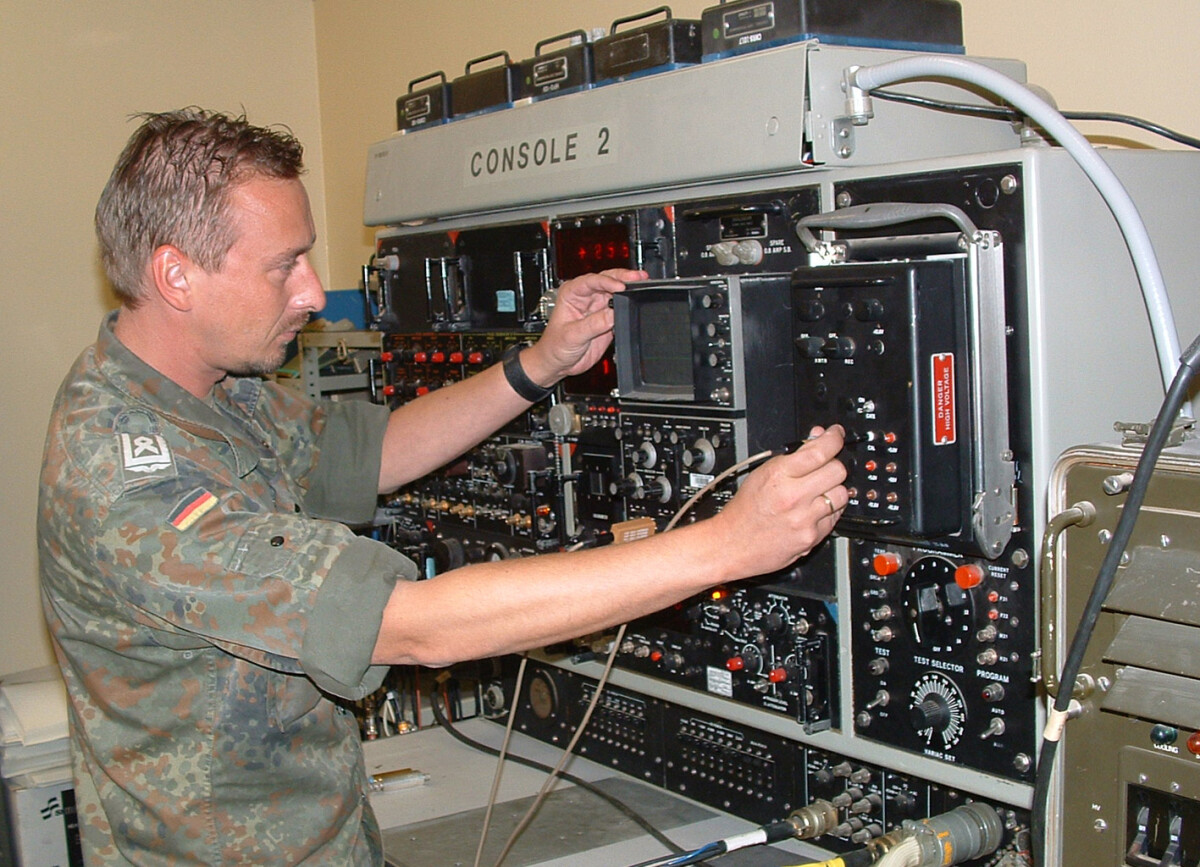
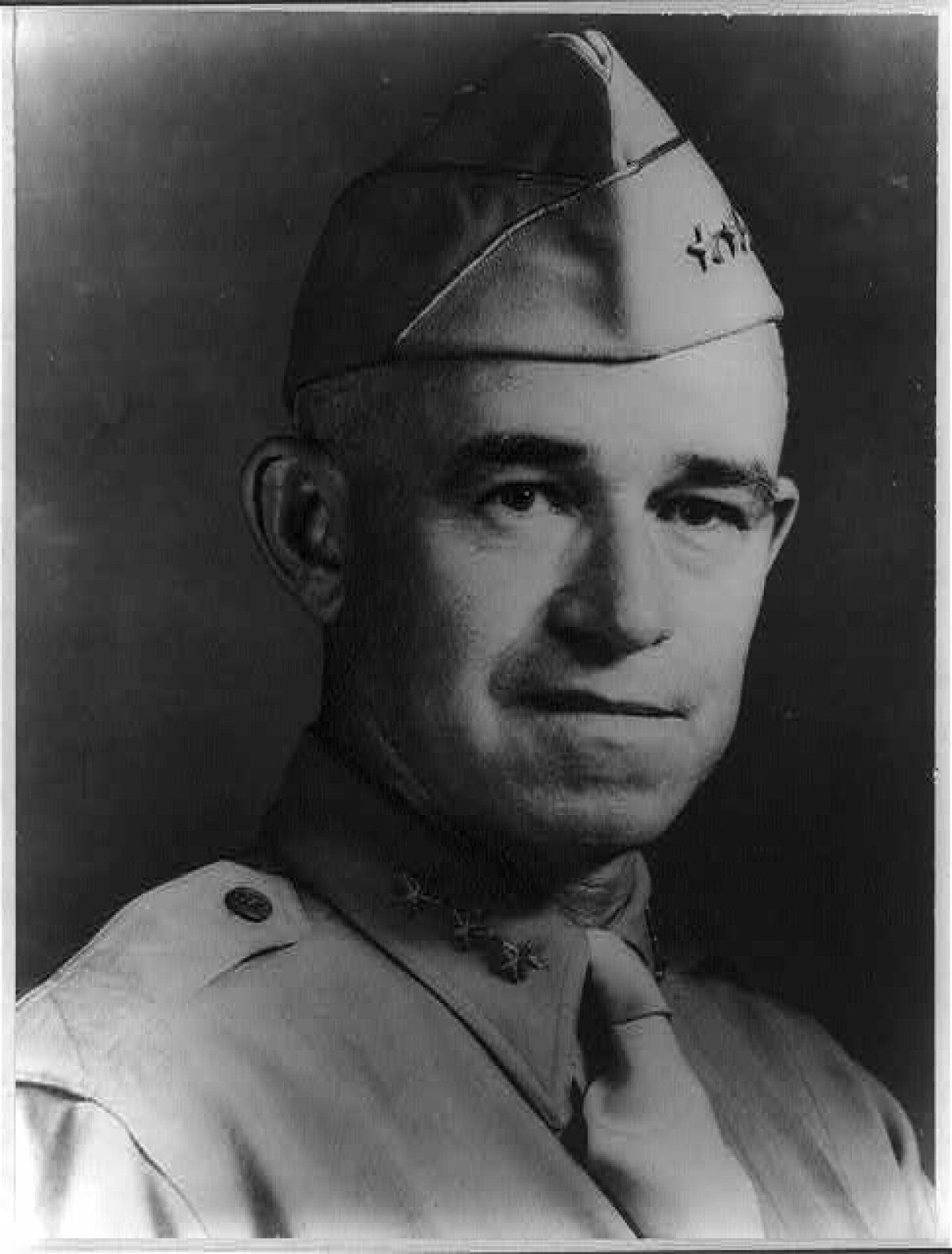
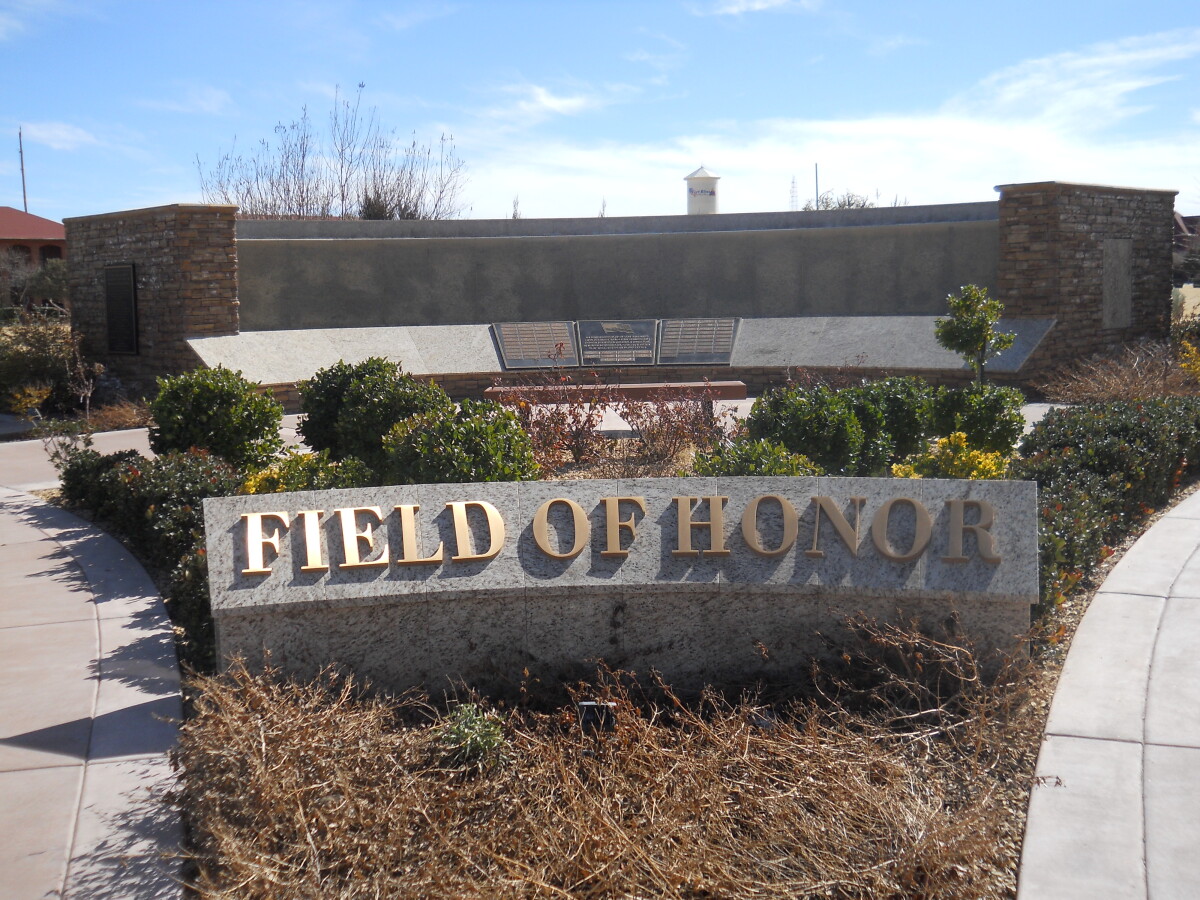
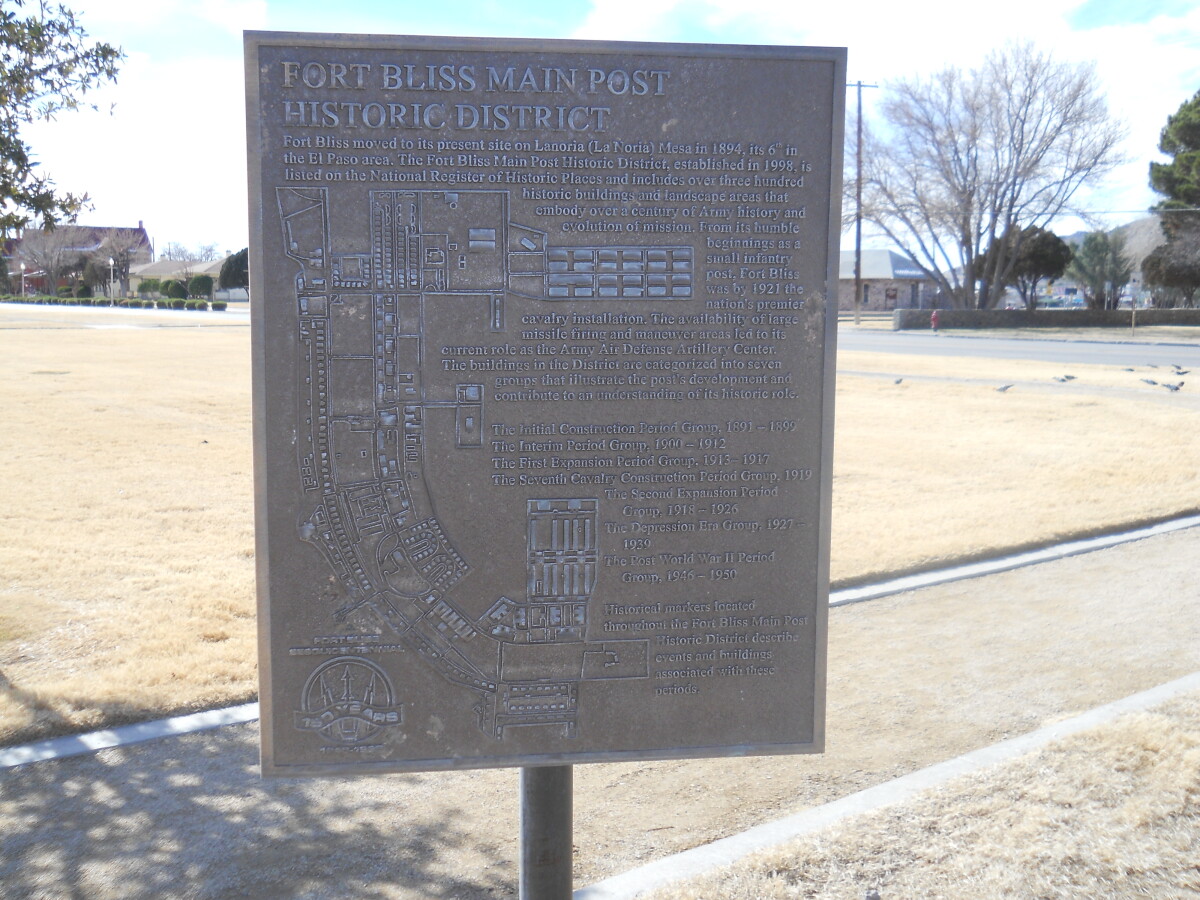
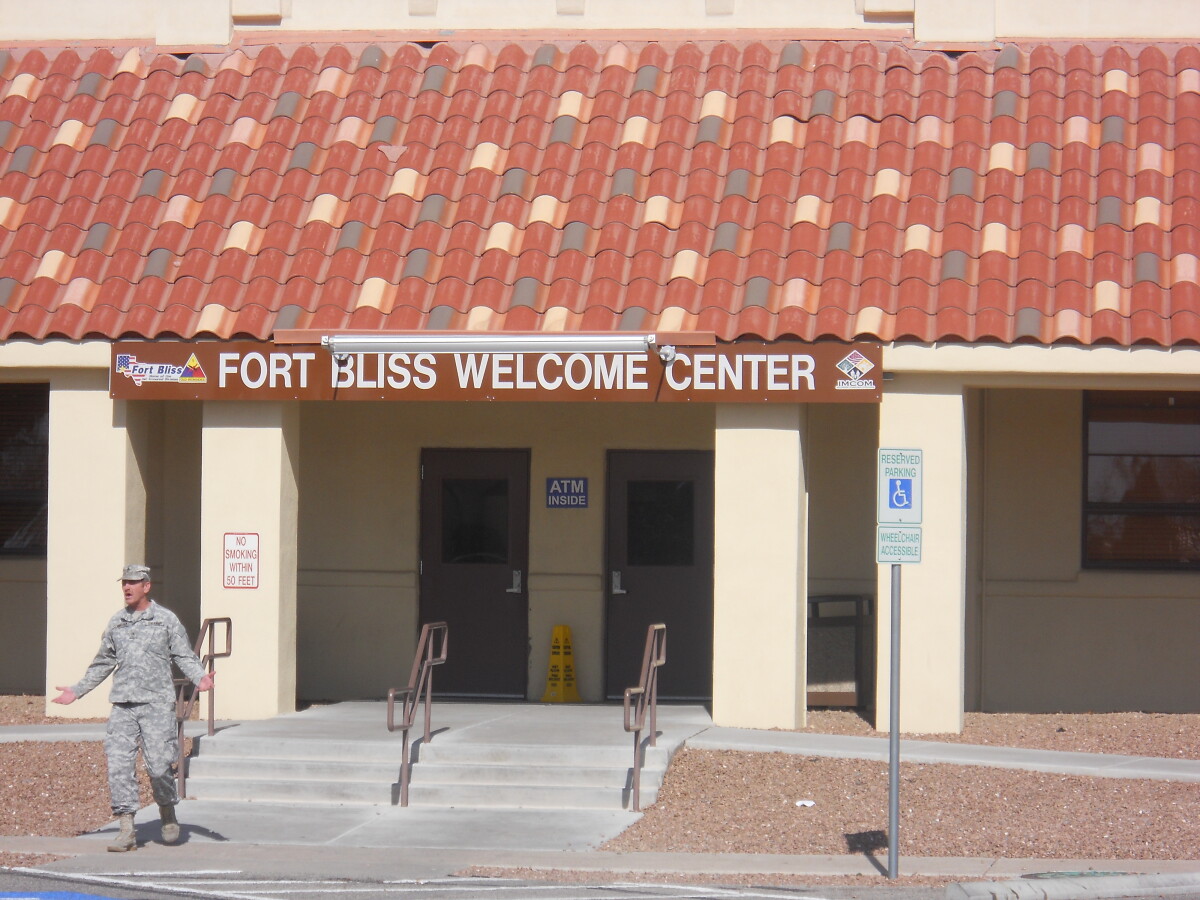
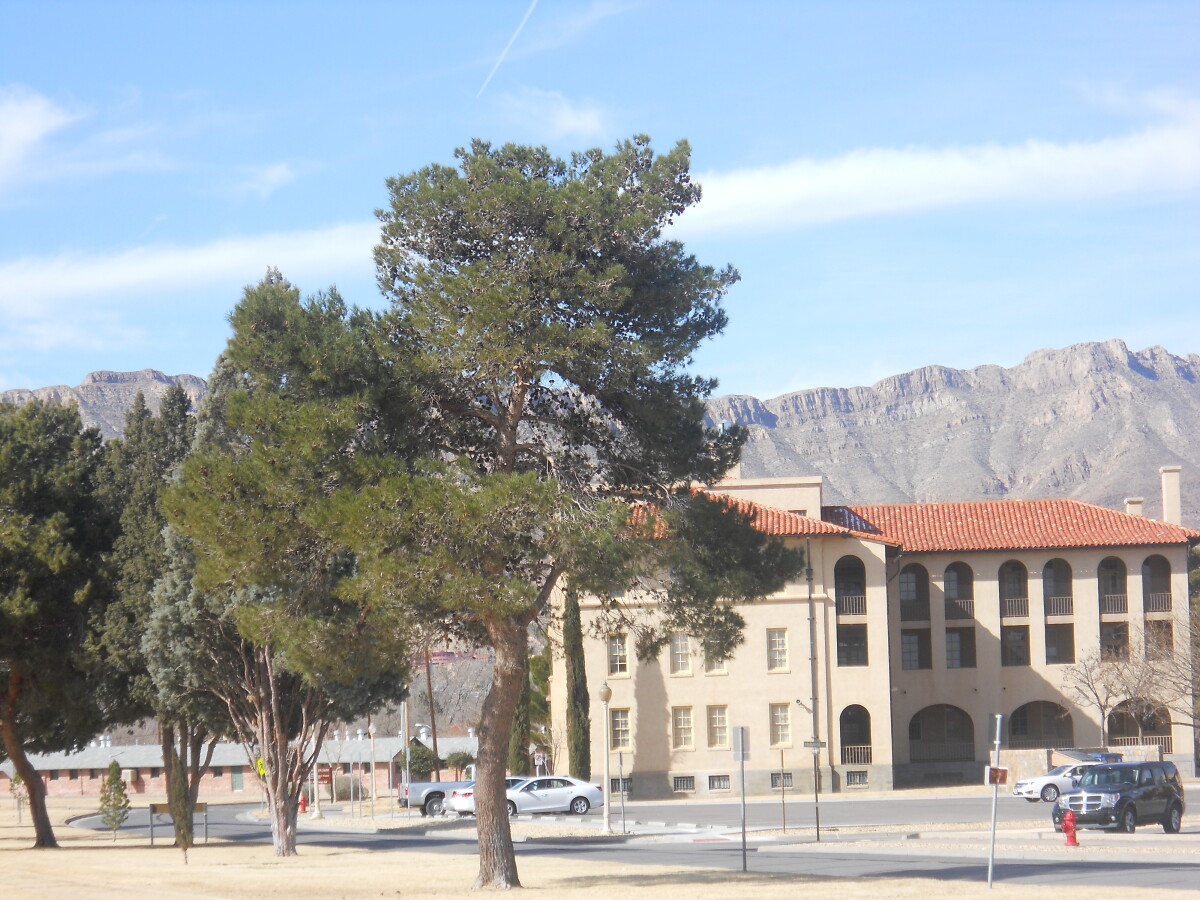
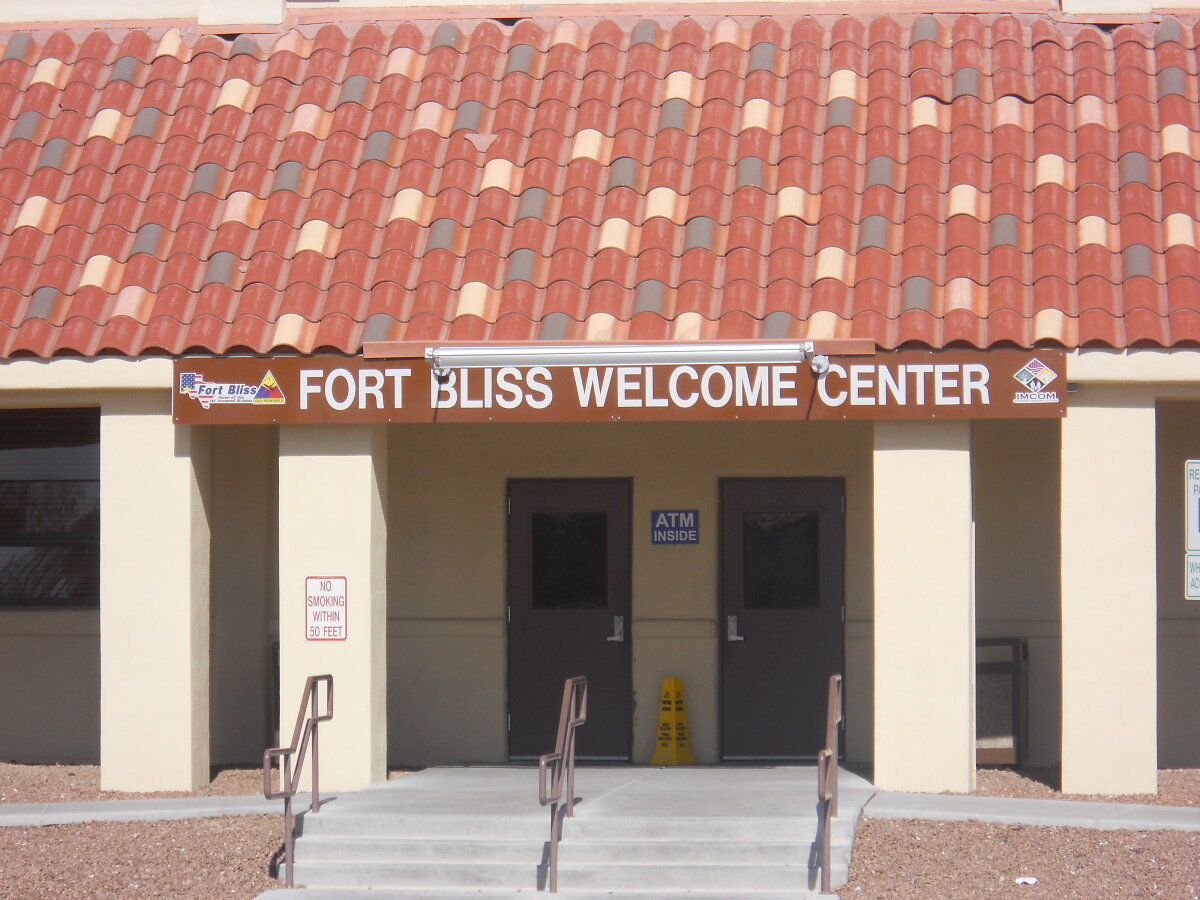
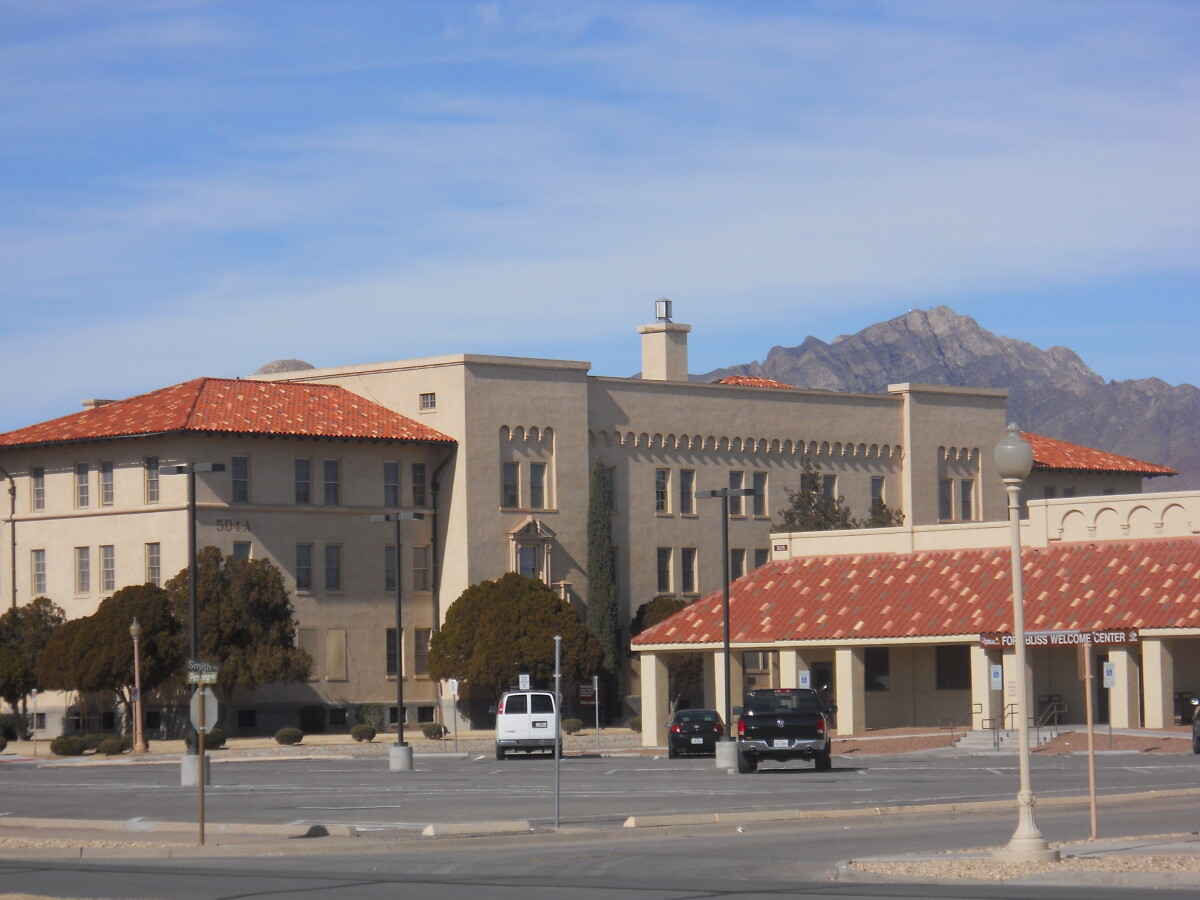
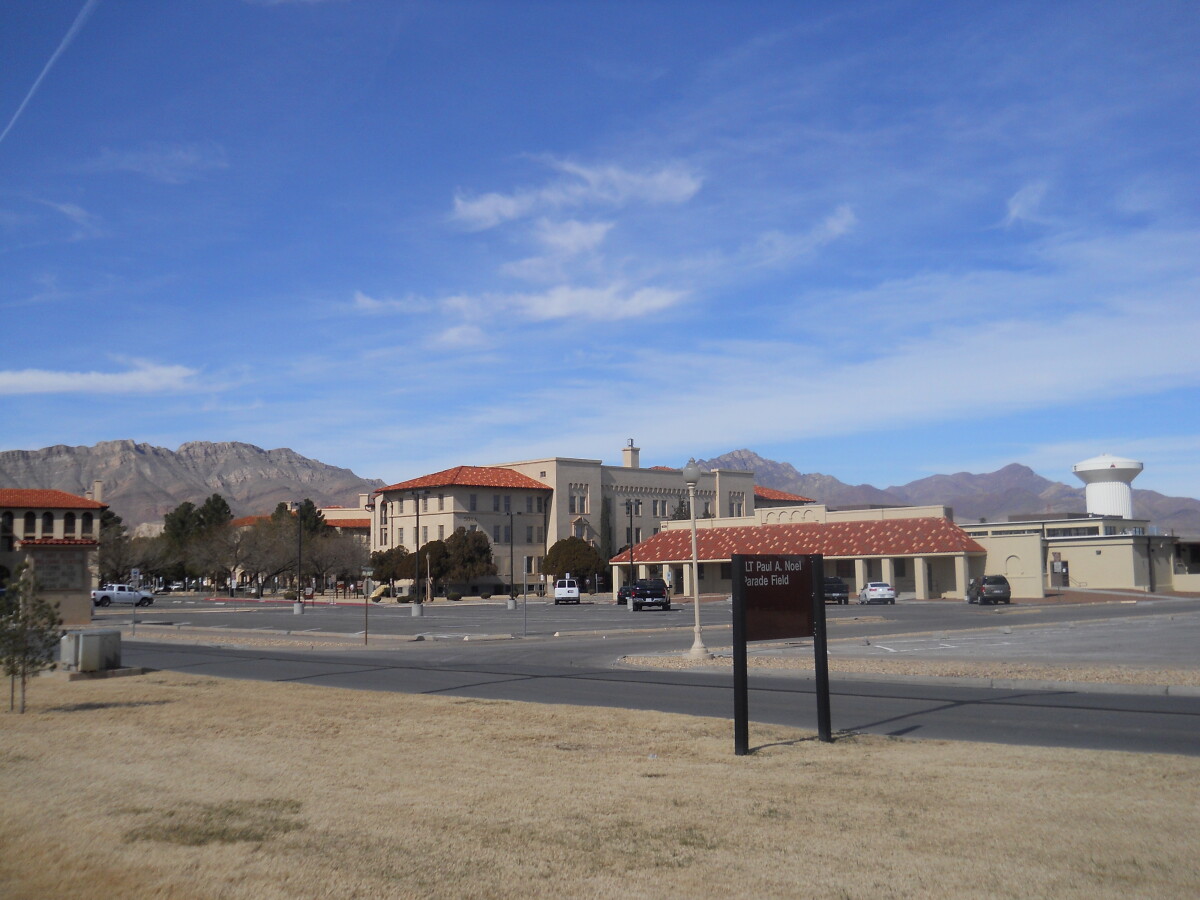
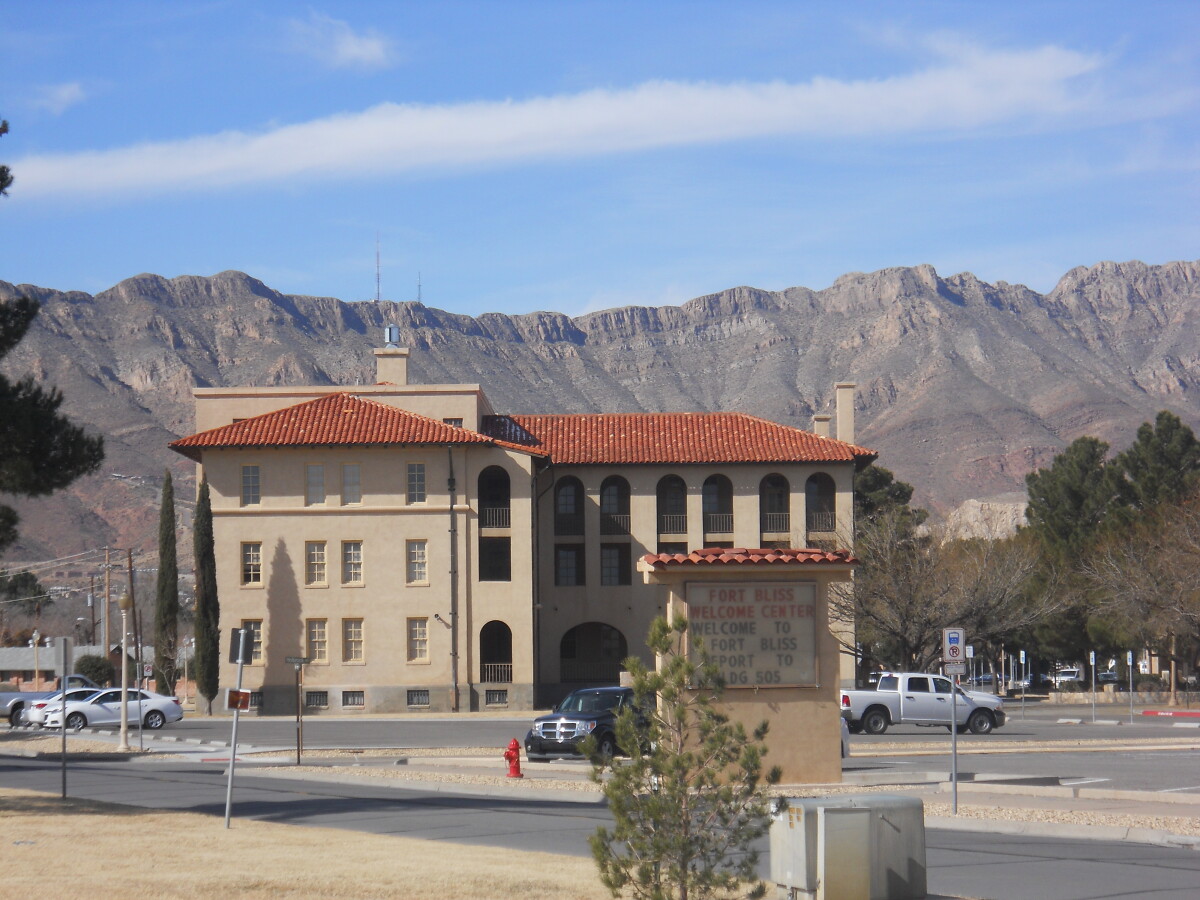

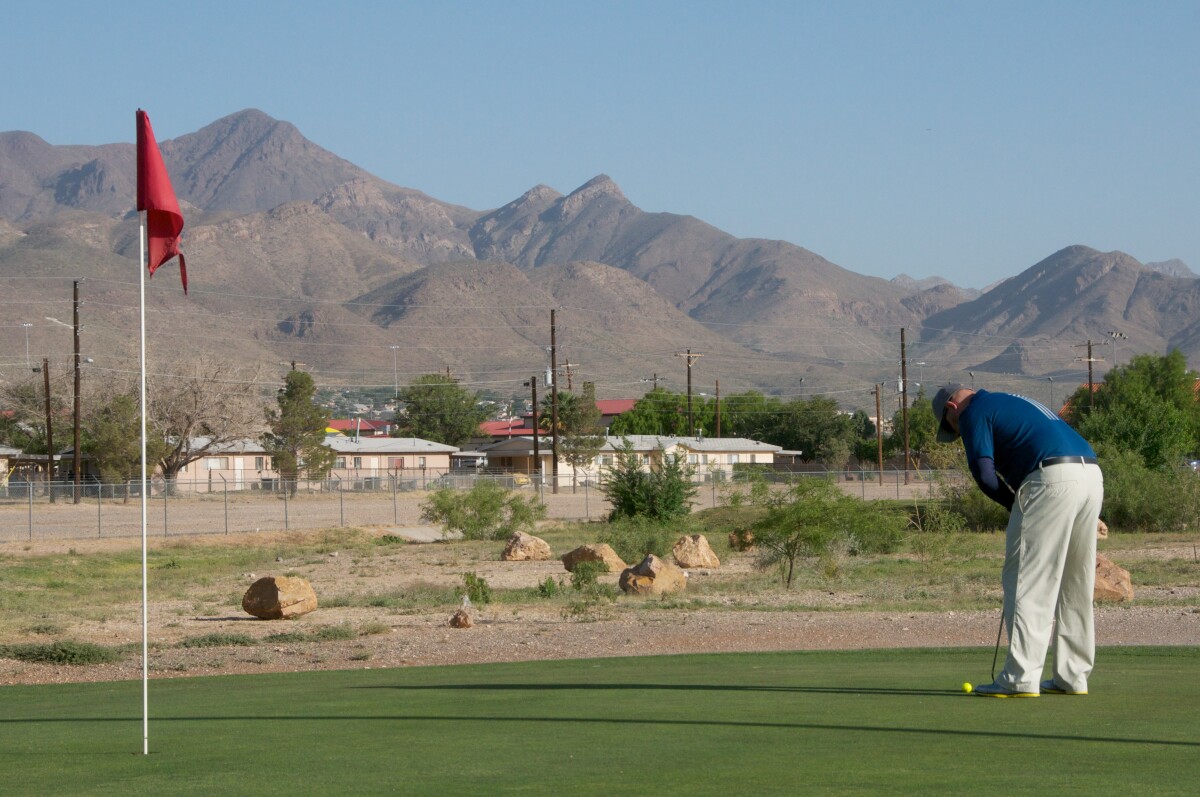


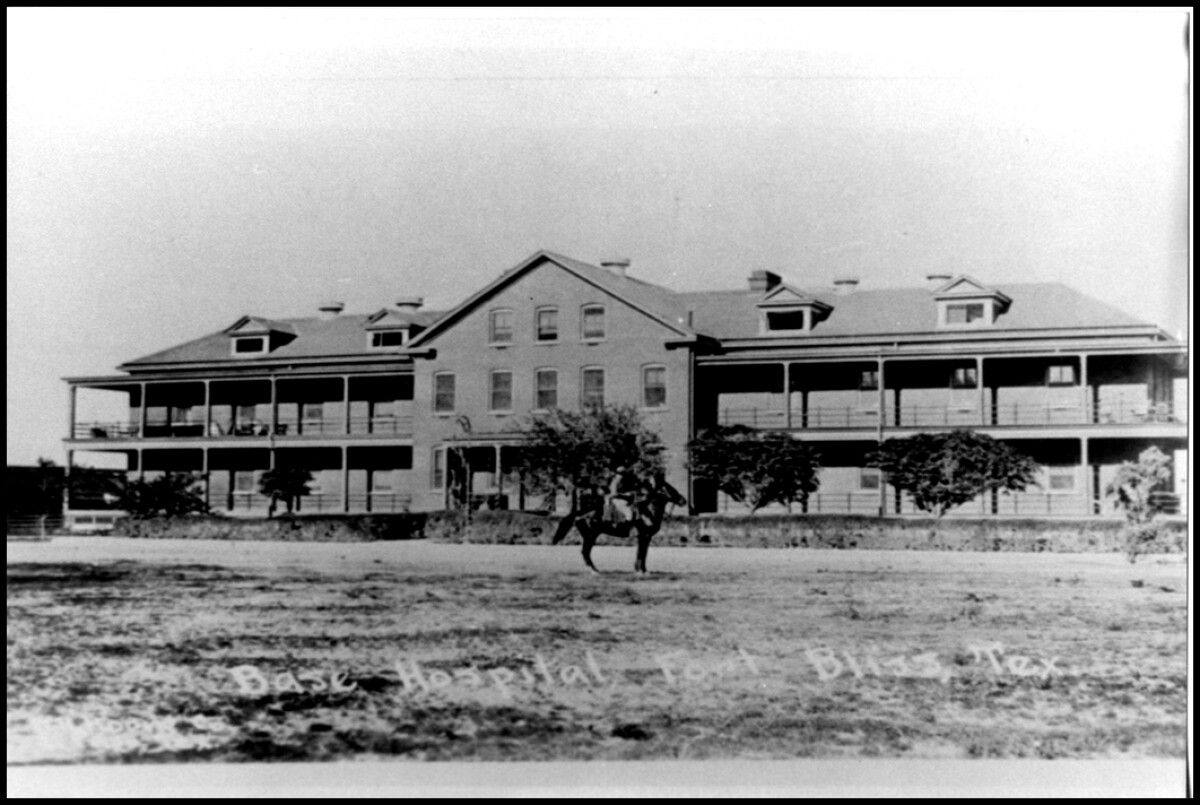
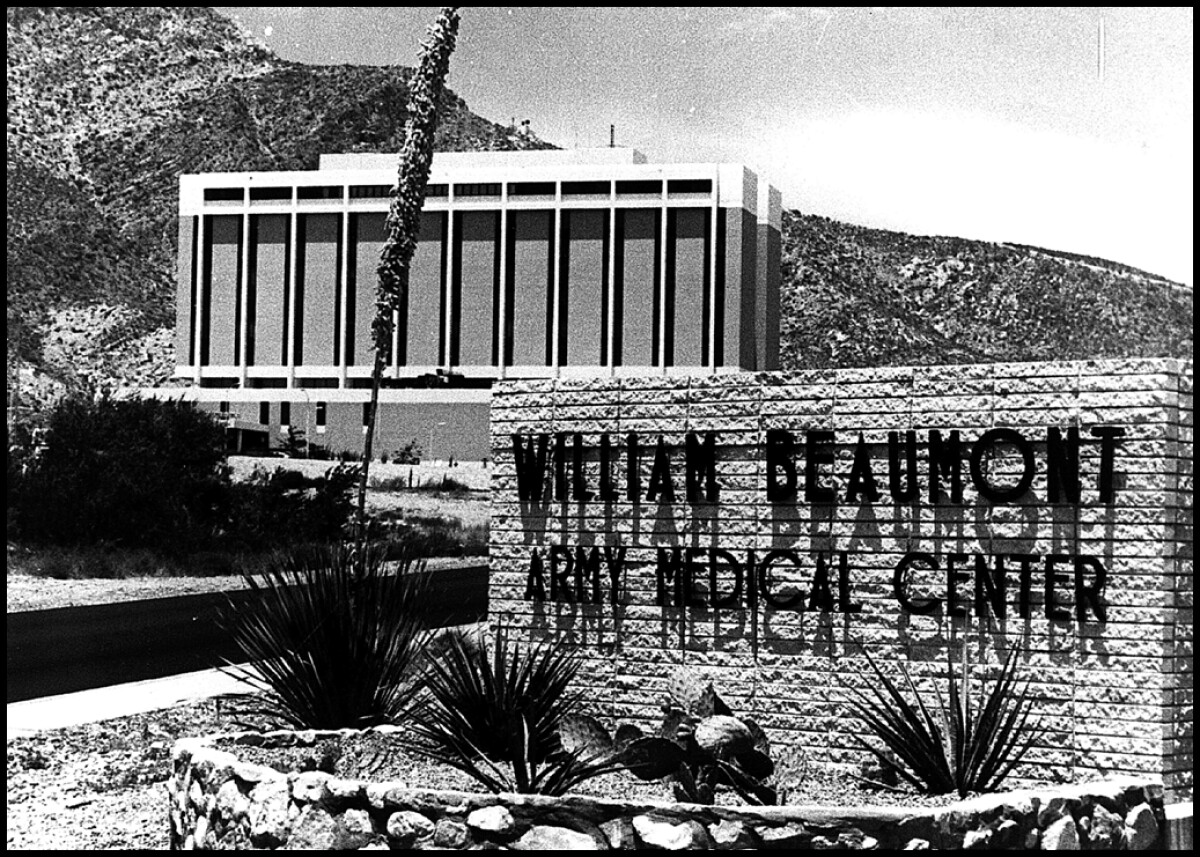
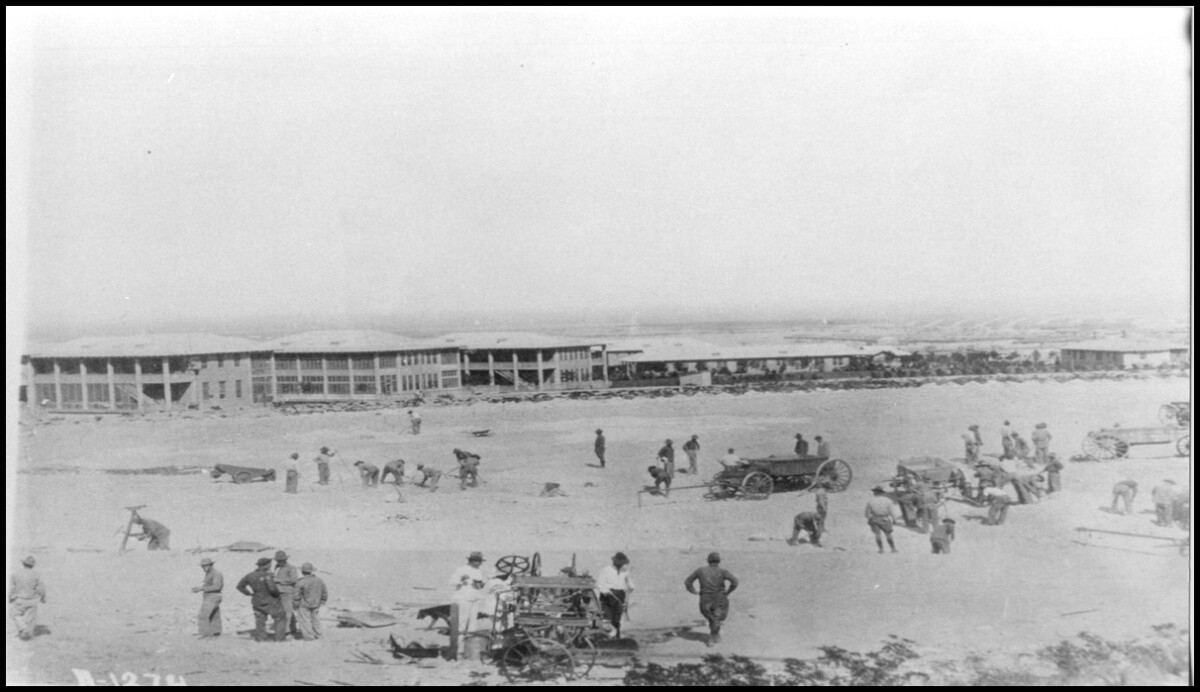
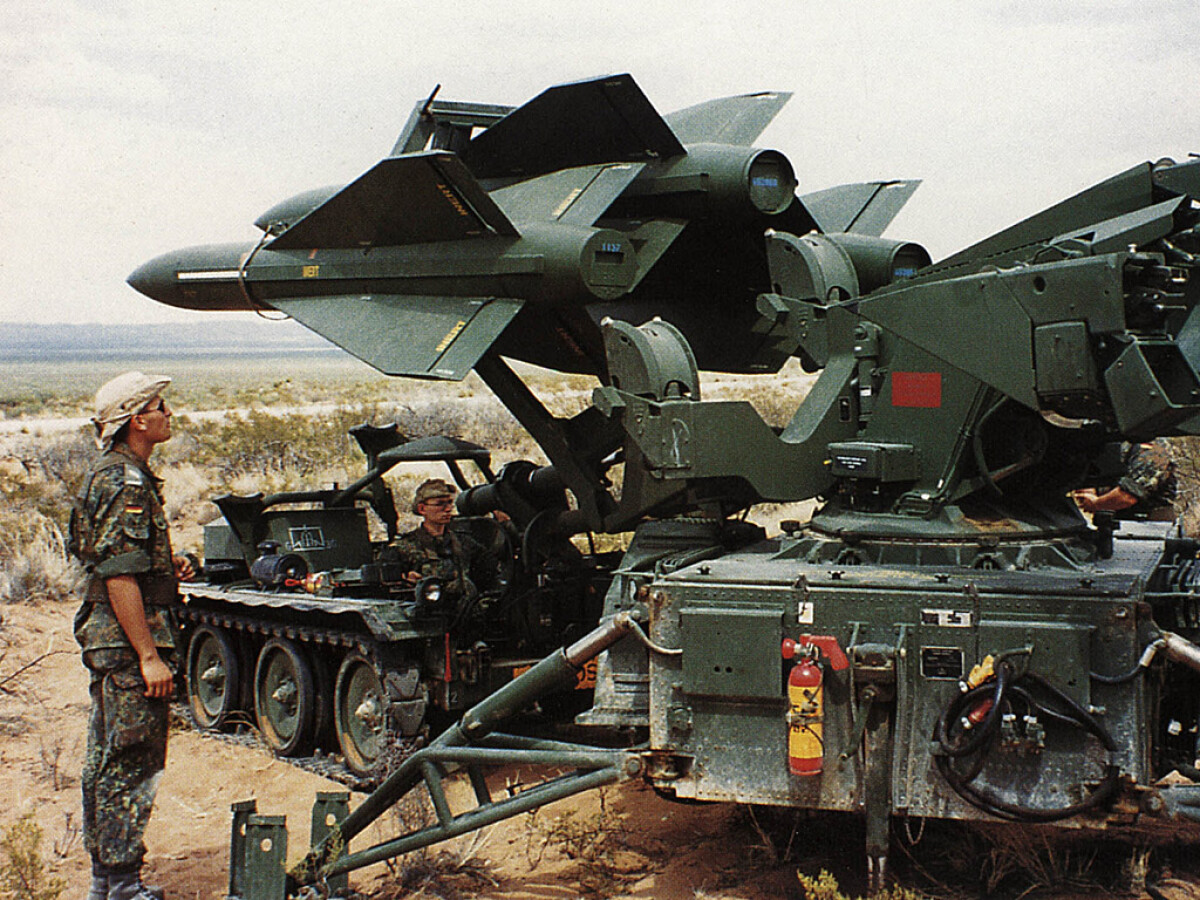
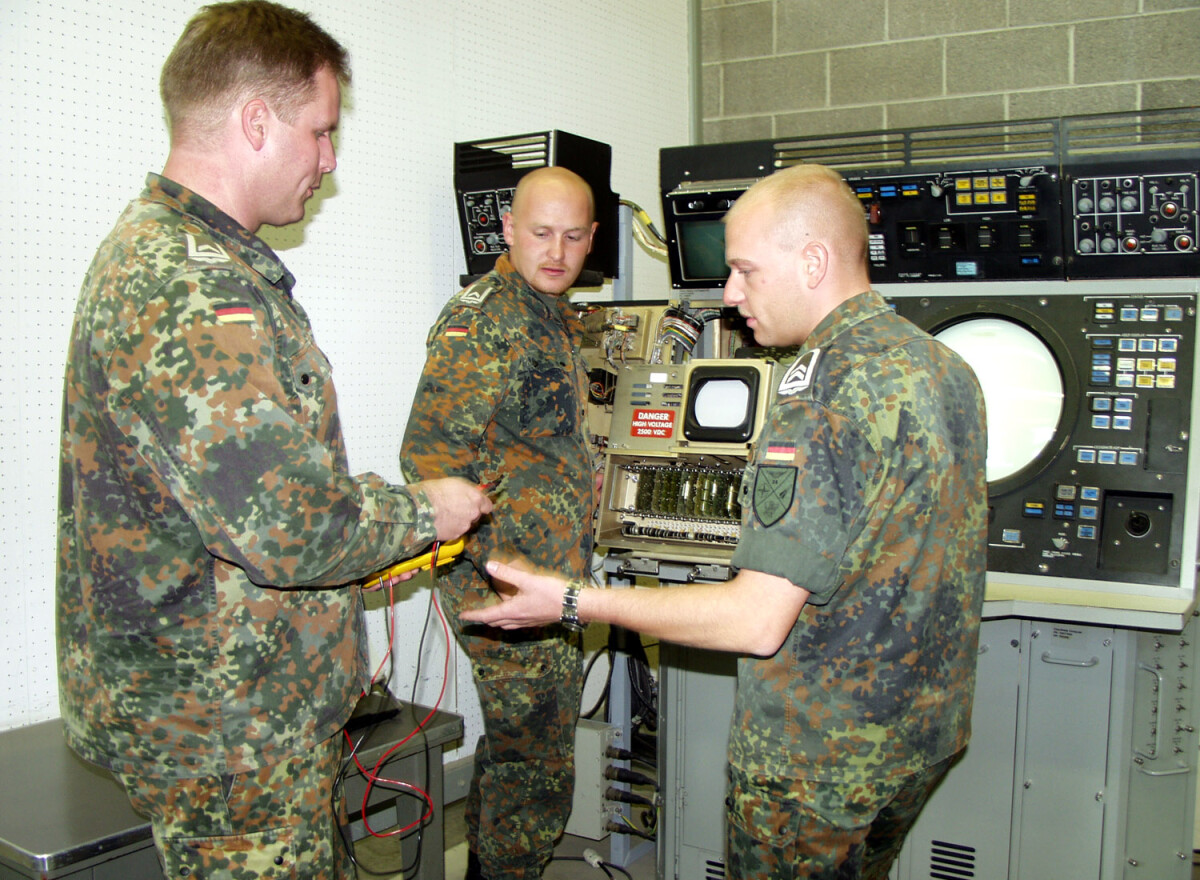
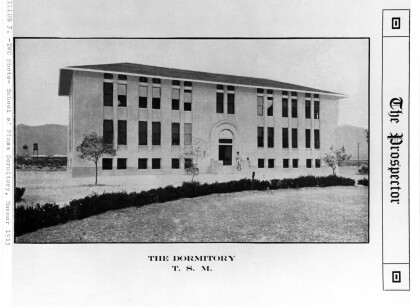
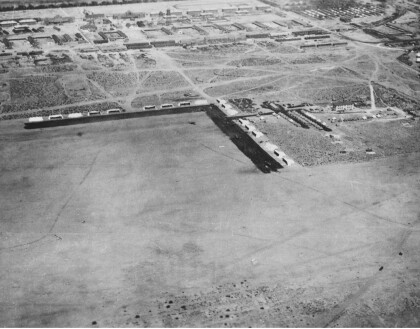
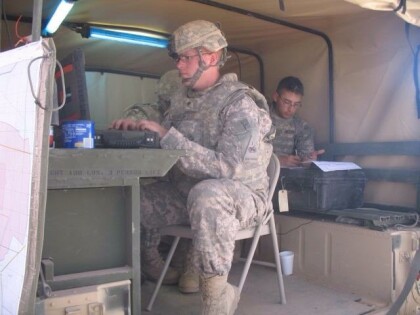
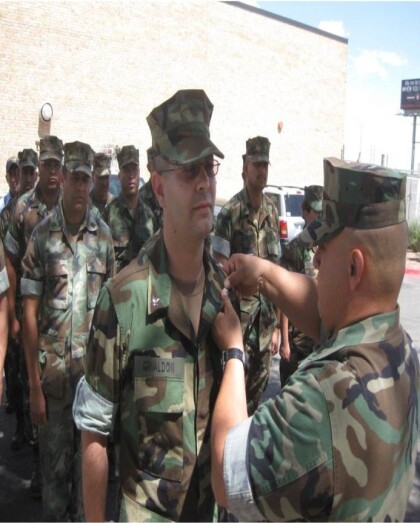
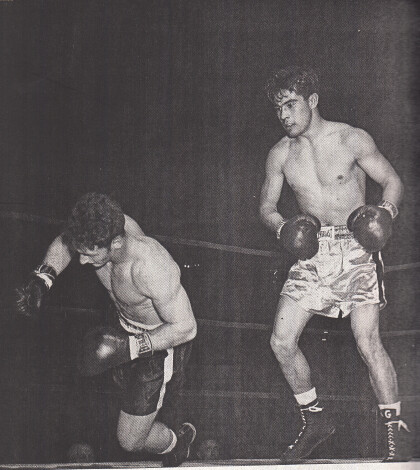

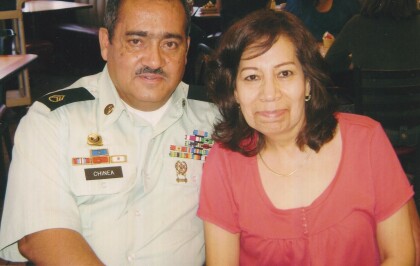


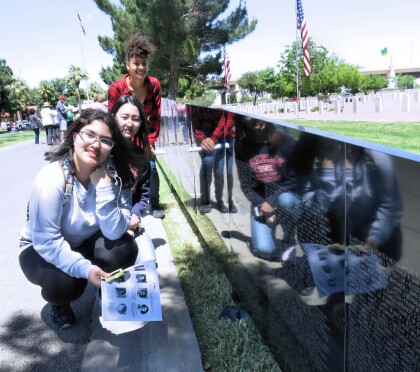

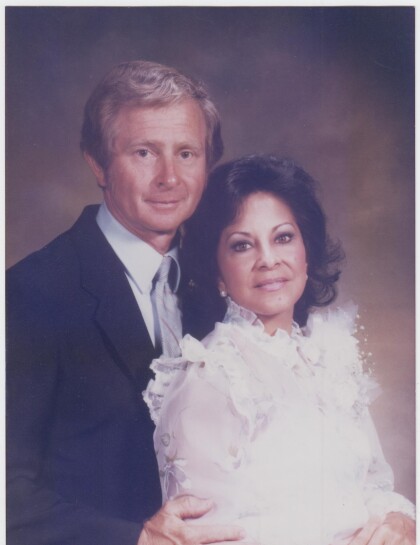
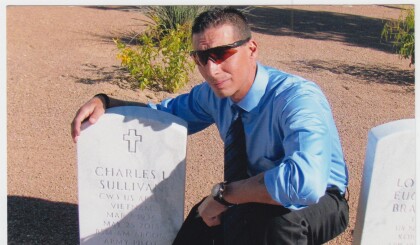
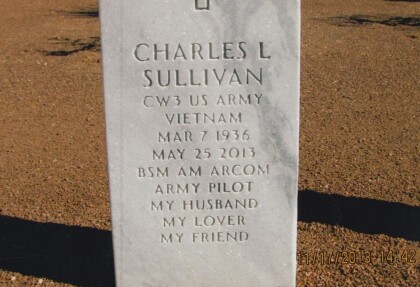
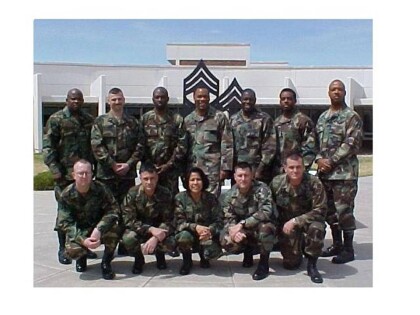
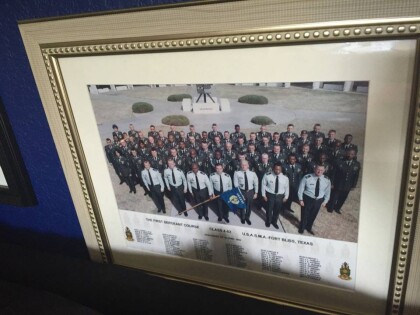
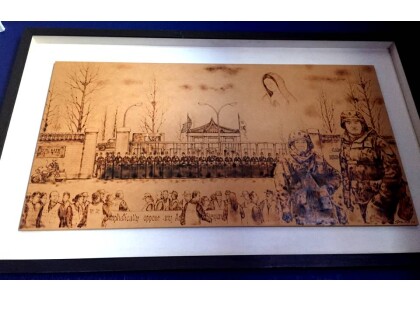
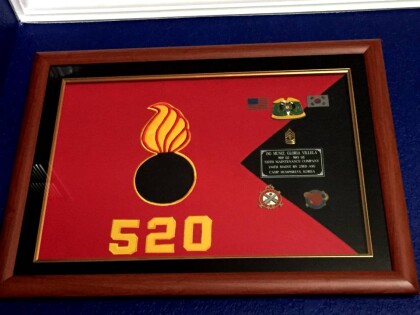
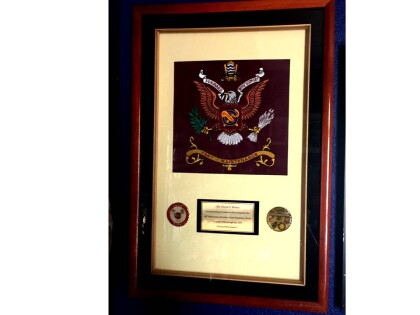
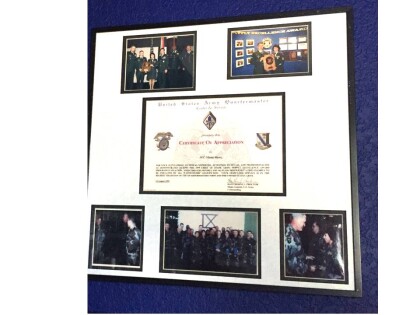
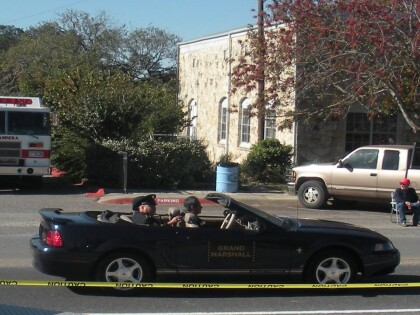
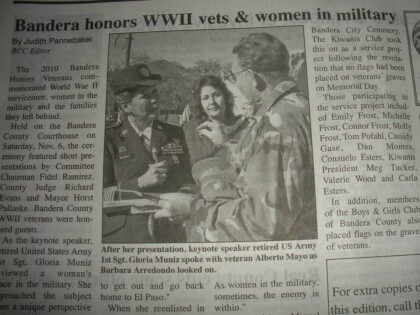
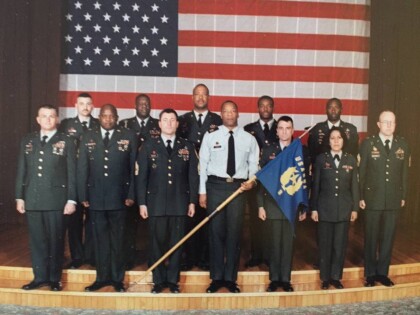
Comentarios
Hacer un comentario